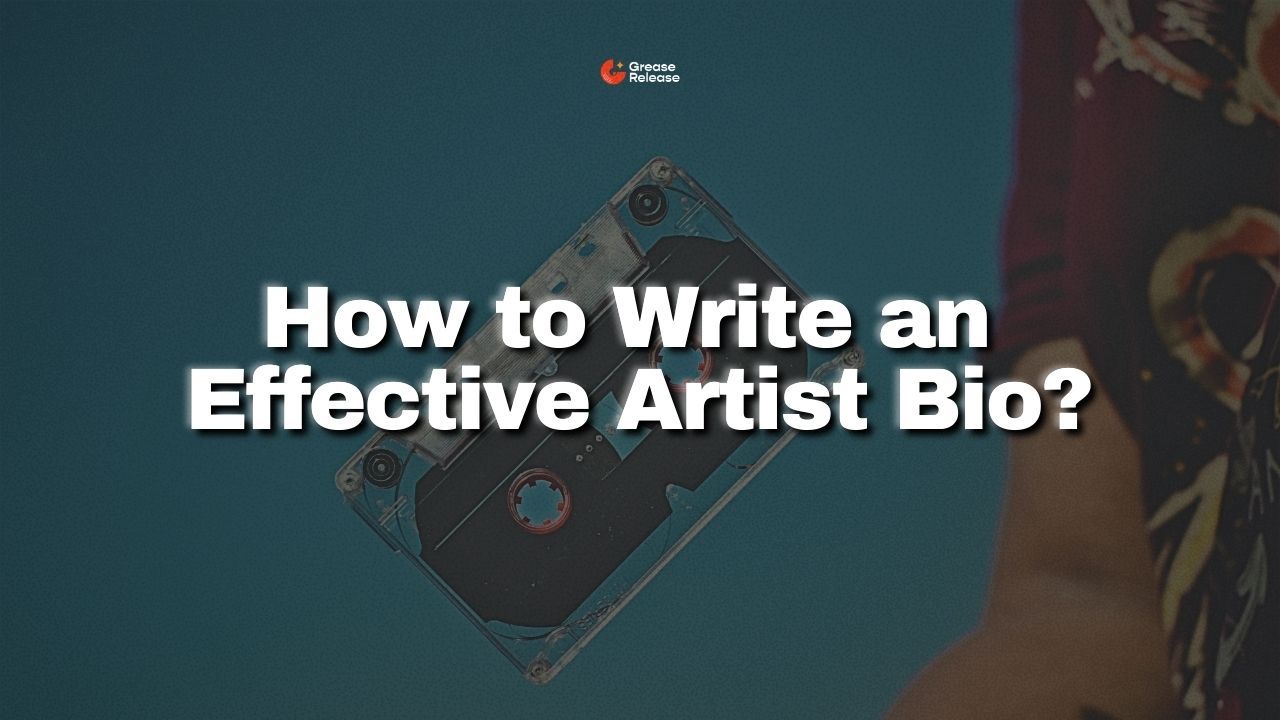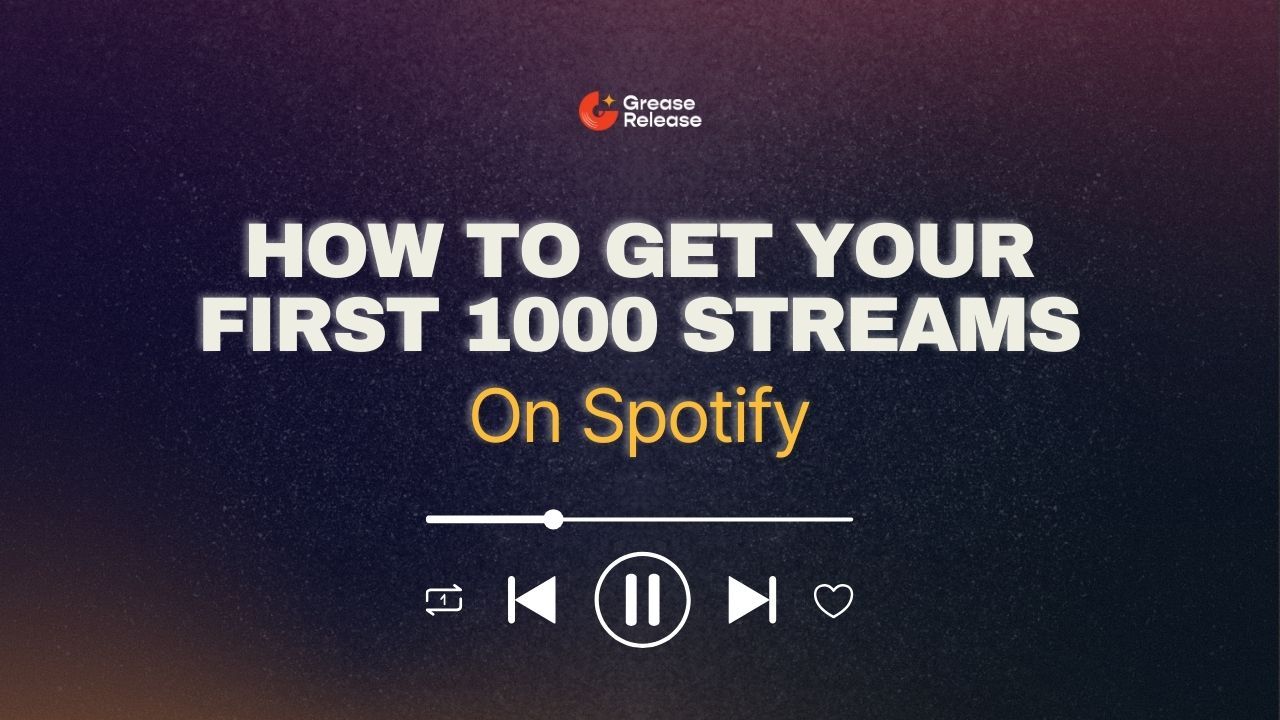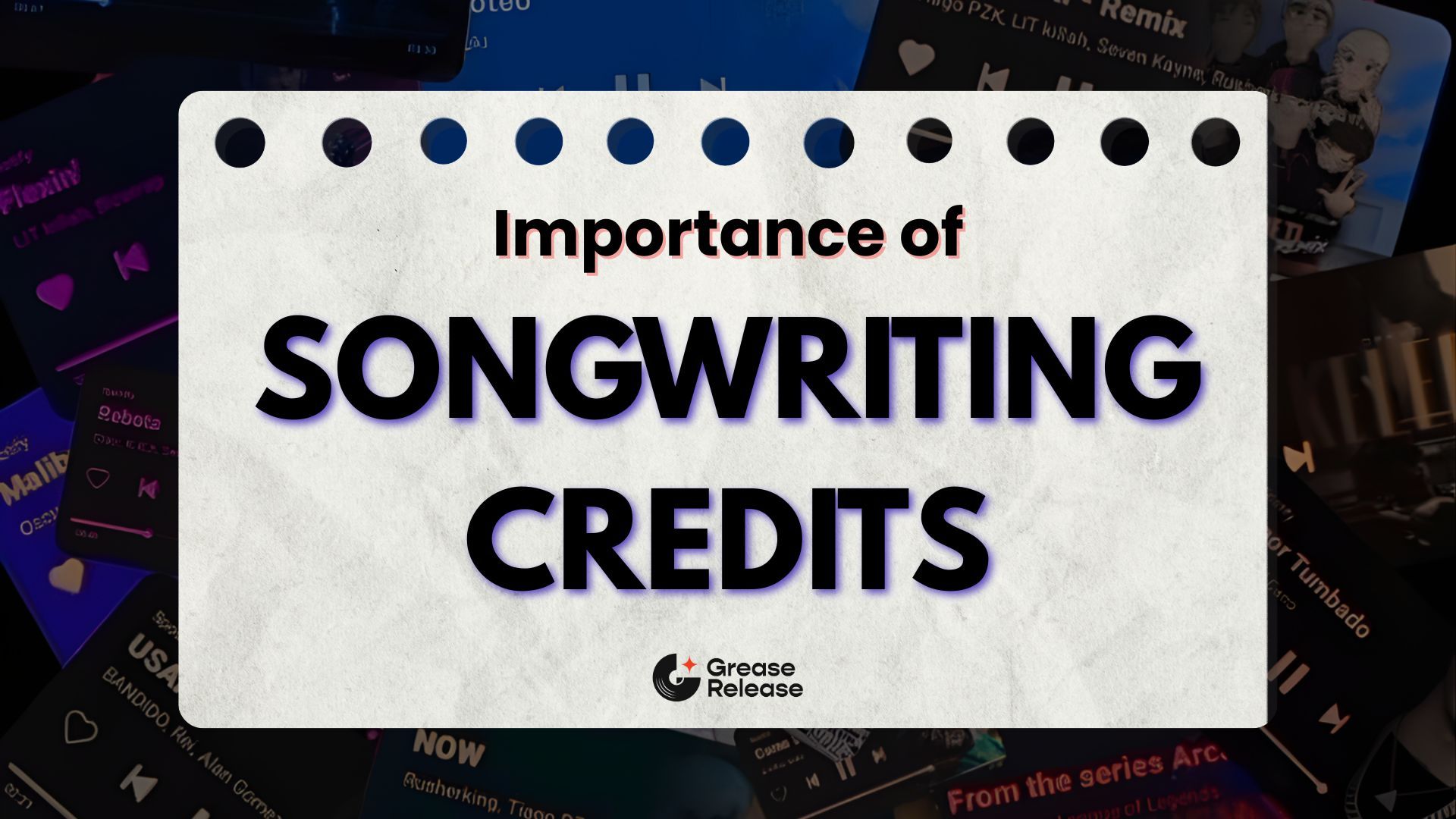
What Do Record Labels Do?
Jun 07, 2024What is the role of a record label?
Record labels like the BIG 3 make the headlines daily; sometimes, we wonder how they got so big. What is it that the record labels do? The rise of independent musicians has definitely changed the game for established record labels, so how do they still make so much money?
In this article, we have tried to answer a few questions:
- What is the main purpose of a record label?
- Who runs a record label?
- How do record labels make money?
- Why do artists still need record labels?
- Do record labels pay their artists?
- How do I join a record label?
- What should an artist consider before signing a record label?
What is the main purpose of a record label?
The main purpose of a record label is mostly managerial or administrative and facilitation. It is to oversee the different processes of music making, such as production, distribution, and music promotion of the artists they have signed. Record labels give the tools, knowledge, and business contacts that enable artists to reach a larger audience and attain commercial achievement. For example, an established label like Universal Music Group can assist an artist in producing top-notch recordings, distributing their songs on streaming services and physical formats like CDs and Vinyl Records, as well as advertising their music using promotional activities, media attention, and concerts.

Pssst…come here: Record labels help boost an artist’s image and help brand an artist’s music. The working professionals of well-known record labels usually invest quite a bit in the artists they are working with, which not only translates to monetary benefit but also a stable working relationship.
Who runs a record label?
A record label is often handled by a group of experts with diverse skills. But if you are looking for someone who tops the hierarchy, then it is the CEO of the record label. The team, however, is incomplete without the CEO, A&R (Artists and Repertoire) managers, promotional and marketing experts, and legal counsel. For example, in a prominent label like Sony Music, the CEO is in charge of general operations, while A&R executives discover and sign fresh talent, marketing personnel create advertising strategies, and legal professionals oversee agreements and intellectual property disputes.
How do record labels make money?
The primary source of revenue for record labels is the selling and distribution of music. They generate income from album and single sales, including physical copies (CDs, vinyl) and digital downloads of songs.
Streaming: The royalties from Spotify, Apple Music, YouTube, and other streaming platforms. Record labels take a portion of the total streaming royalties you’d get, the percentage of division depends on the record label contract you’d have signed.
Sync Licensing: The licensing fees that are charged for using your songs in films, television shows, commercials, and video games.
Merchandising: A portion of the income from the sale of artist-related items. This may be clothing lines, accessories, stationary, and so on.
Performances and Tours: According to the terms of the contract, a portion of the sales from your concerts and shows would be taken by the record label.

Let’s consider Taylor Swift, for instance. The total sales revenue for her album 1989 has been estimated to be around $10 million, including physical sales as well as streaming downloads. The most common deals are usually 85:15, so assuming that the record label would take $8.5 million, Taylor Swift would take $1.5 million (remember, this is hypothetical). When it comes to licensing, however, the artist and record label usually come to an understanding of 50:50, so if there is an estimated $2 million fee from sync licensing, then both the artist and record label would take $1 million each. Concerts and tours usually favor the artist more, so if the total concert revenue for her album comes up to let's say, $250 million (now this, is a real possibility), and the deal is usually 10:90, which means the artist takes home, a whopping $225 million.
Why do artists still need record labels?
Despite the growth of independent music creation and distribution channels, musicians continue to benefit from record companies for many reasons, major of which include:
Resources: High-quality recording equipment with access to top-tier production tools and qualified professionals. Upcoming musicians usually do have a setback in production quality due to the lack of resources, so the assets given by the record label do make a huge difference in making good quality music.
Promotion: Record labels have a whole team that focuses on branding, marketing, and promotion of the music and artists. This includes data tracking, active promotional campaigns, and highly budgeted investments in advertisements, something that not all musicians can afford independently.
Industry connections: Contacts with media, radio, and other industry participants make a huge difference in increasing your reach to the public.
Take Billie Eilish for instance. Before she became popular, she signed with Interscope Records, and received substantial exposure and resources, propelling her to international success.
Do record labels pay their artists?
Yes, record companies pay their artists, although their payment methods vary.
When an artist signs with a label, they usually receive a down payment that is deducted from their potential revenues. They additionally get royalties, which are a percentage of the money made from sales, streaming, and various other uses of their songs, as mentioned before. Nevertheless, these payments are made after the label has recovered its money invested in recording, advertising, and publicity. That is, these cuts for the record label and artists are made only after the record label makes returns on the initial investment.
What does that mean?
When a record label gives you $100,000 to record your upcoming album, this money is essentially a loan. Once you spend the entire $100,000 in the studio, you’ll need to repay this amount before you start earning any profits. The record label must recoup its investment from your album sales and other revenue streams before you can begin making money.
How do I join a record label?
If you’d like to join a record label or sign with a record label, then you’d need to first develop your sound and build a kickass portfolio that speaks for your talent. This not only means making great music but having a sense of a unique music style because record labels are approached by hundreds of artists so you’d need to make sure that you’re different and that both parties will benefit from your music.

You don’t have to make a resume like others have to, but you do have to make a great portfolio. In your portfolio, make sure you include quality demos or links to your recent EP. Make sure you attach your EPK as well. Follow that up with building a consistent social media presence and do as many live performances as you can because you’ll find record labels and A&Rs searching for new music at local gigs. You will either meet them there or you could submit your music to the record label A&R representatives through online submissions.
An independent artist, for example, could begin by uploading songs on SoundCloud and YouTube, performing at local venues, and building a fan following through social media. If they get enough attention, A&R scouts from record labels may take note and offer them a deal to sign.
What should an artist consider before signing a record label?
Does signing a record deal mean that you’ be giving up your creative autonomy? While this is a very important question, it is crucial to note that most of these questions are answered in the kind of record deal contracts you are offered.
Pssst…come here: Independent record labels are rising as well, that especially cater to upcoming and indie artists and help them build their music career in the music industry, so you don’t have to necessarily sign with an established record label if you are unsure. Some of these independent record labels include Sub Pop Records, Merge Records, Ninja Tune, and so on.
Before you sign any record label there are a few very important things you should consider:
-
Contract Terms
When an artist analyzes an agreement, they should understand exactly how they will be compensated as well as the artistic discretion they will have. The royalty rate, deposits, reimbursement provisions, and contract length and scope are all crucial variables to consider.
For instance, Taylor Swift signed a deal with Republic Records of Universal Music Group in 2014, allowing her to keep ownership of her master recordings. This marked an important change from her earlier arrangement with Big Machine Records because the label held the master recordings. Taylor Swift retained the copyright of her masters, giving her greater influence over how her music was utilized and the potential to earn more from subsequent sales and licensing agreements.
-
Label Reputation
Your research skills will finally be put to use here because you’d want to know how the label functions inside out. An artist should look into how well the record company has handled other musicians, particularly those in a similar genre or career stage.

Before signing with Atlantic Records, Lizzo most likely considered the label’s reputation for backing varied and genre-blending musicians. Atlantic Records has an established history of developing artists such as Bruno Mars and Cardi B, indicating that they might successfully promote Lizzo's distinct style and growth as an artist.
-
The Level of Support
There’s no point in signing a deal with a record label if their quality of assets, promotional efforts, and other facilities aren’t any different from your resources. Make sure that you use the resources the label promises in the offered agreement.
Billie Eilish decided to sign with Interscope Records because of the tremendous assistance the label promised. Interscope supplied her with a large marketing push, professional production resources, and a well-organized touring schedule, all of which helped propel her debut album When We All Fall Asleep, Where Do We Go? to global success.
-
Long-Term Goals
Most importantly, ensure that your goals, vision, and objectives align with those of the record label as well. This means that they understand your future endeavors, and the direction of your career, and their mission matches your aims and aspirations with music.
Now there have been instances where major artists considered such differences and chose to remain independent artists. Chance the Rapper is well-known for remaining an independent artist, turning down major label deals to maintain absolute creative control and ownership over his songs. His technique is consistent with his overarching goal of preserving artistic freedom and ownership, which he believes could be jeopardized under a standard major-label deal.
Signing a record label, given the irresistible appeal of massive resources, recording, and production quality may seem like just the right thing an artist could do, but make sure it’s the best decision for your music.
We at GreaseRelease, have a bunch of curators on our network who are looking for new & exciting music to push on their massive playlists. If you make music and want to reach a wider audience, check out our submission platform and get a chance to reach millions of listeners! Submit your tracks now!
Studies show that 80% of musicians constantly feel overwhelmed and we want to take that load off by helping you stay organized that's why, my team and I created the ProdPro 2.0
The ProdPro 2.0 is the ultimate organization tool built by and for musicians. Click here to learn more.
Don't miss my newsletter!
Join me on a music entrepreneurship journey with new tips and tricks delivered straight to your inbox.
We hate SPAM. We will never sell your information, for any reason.




